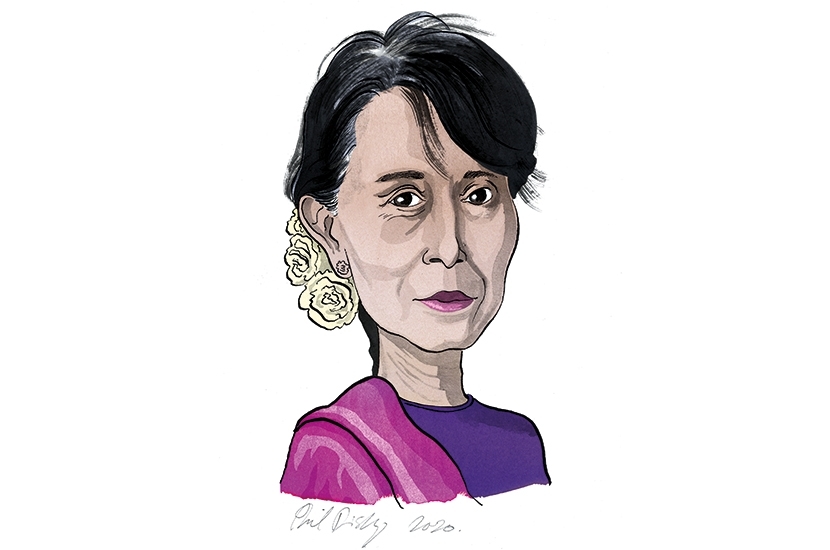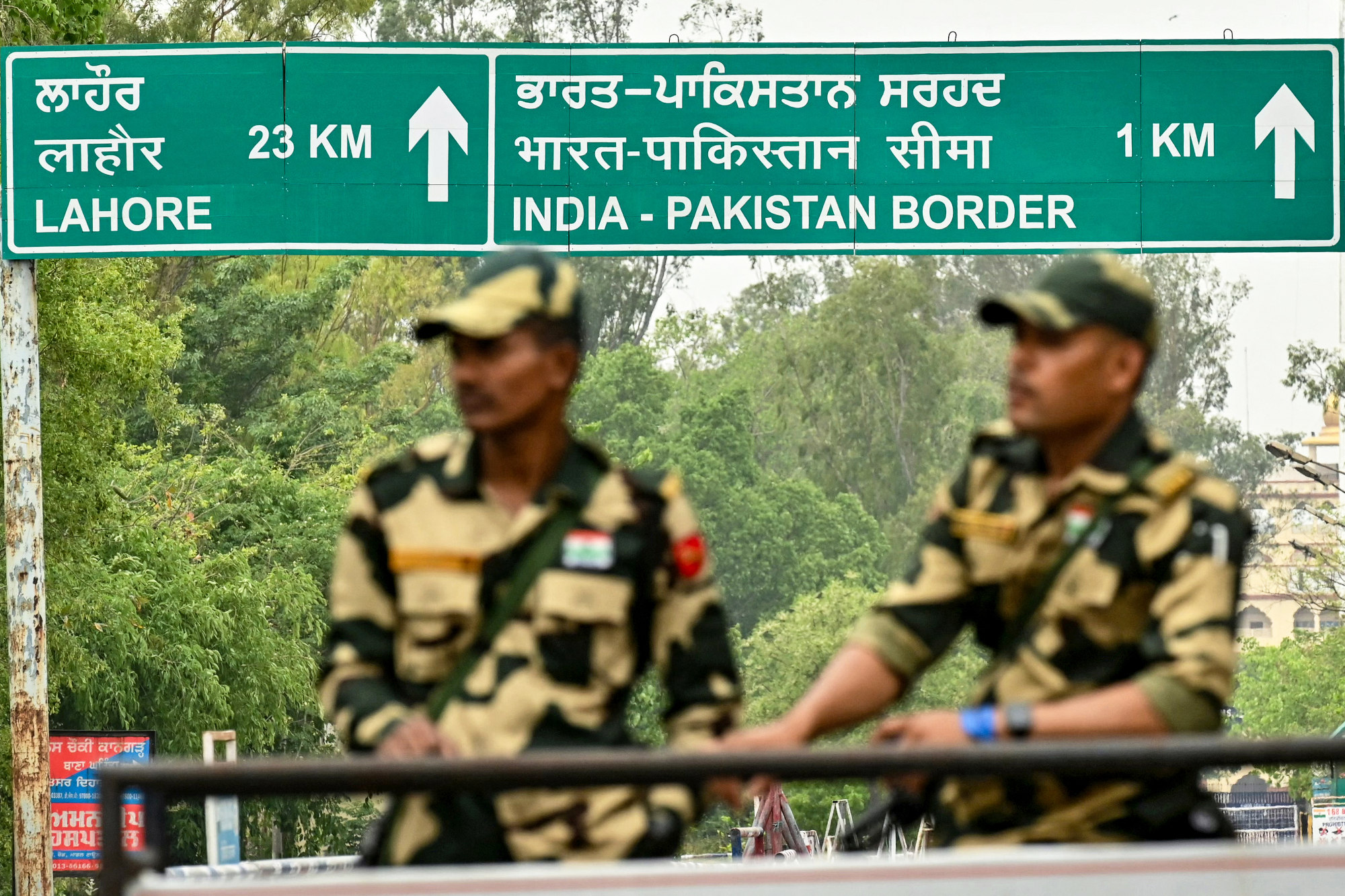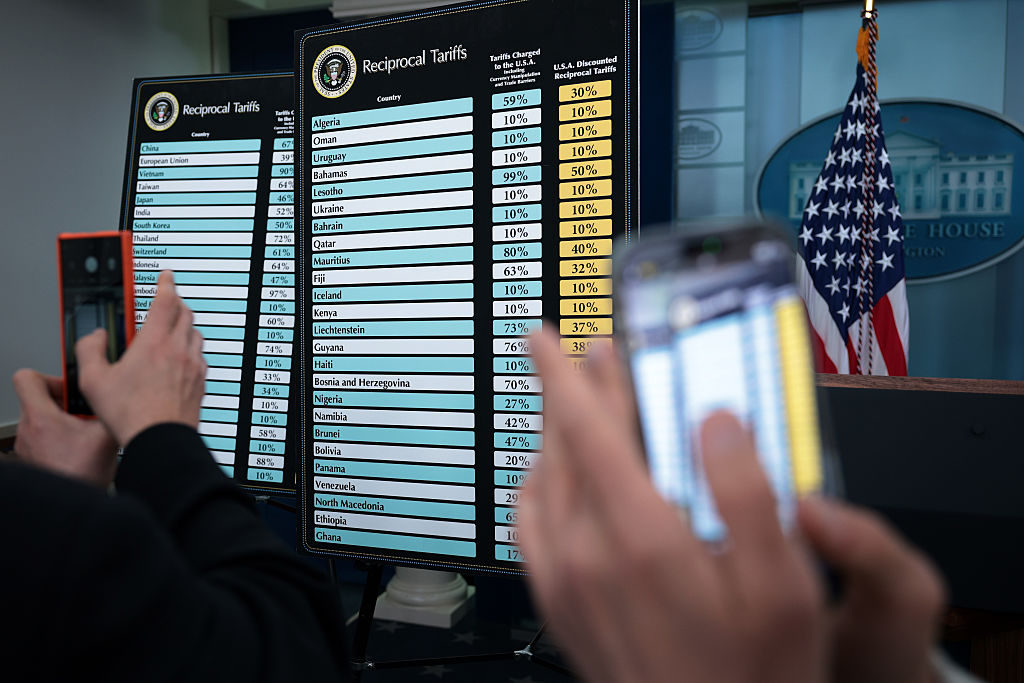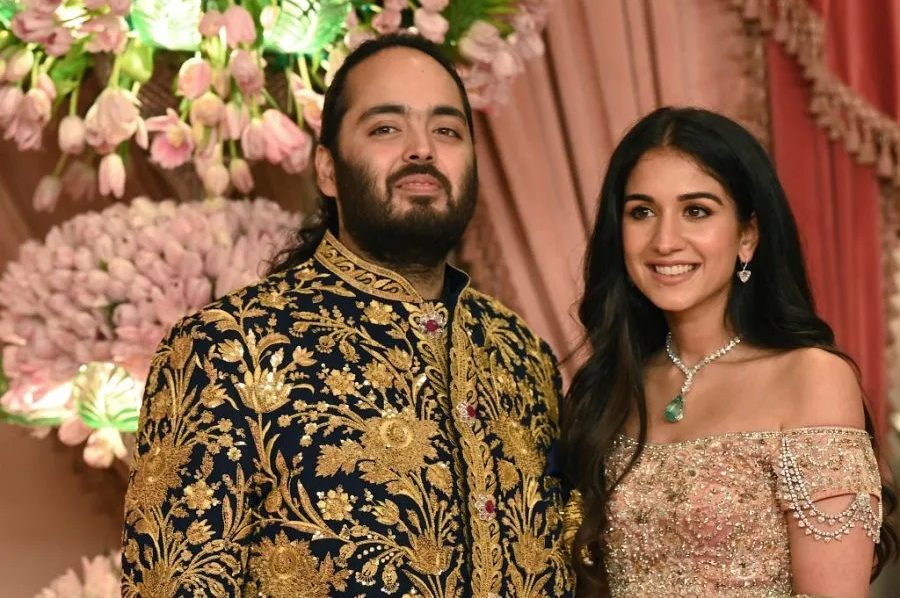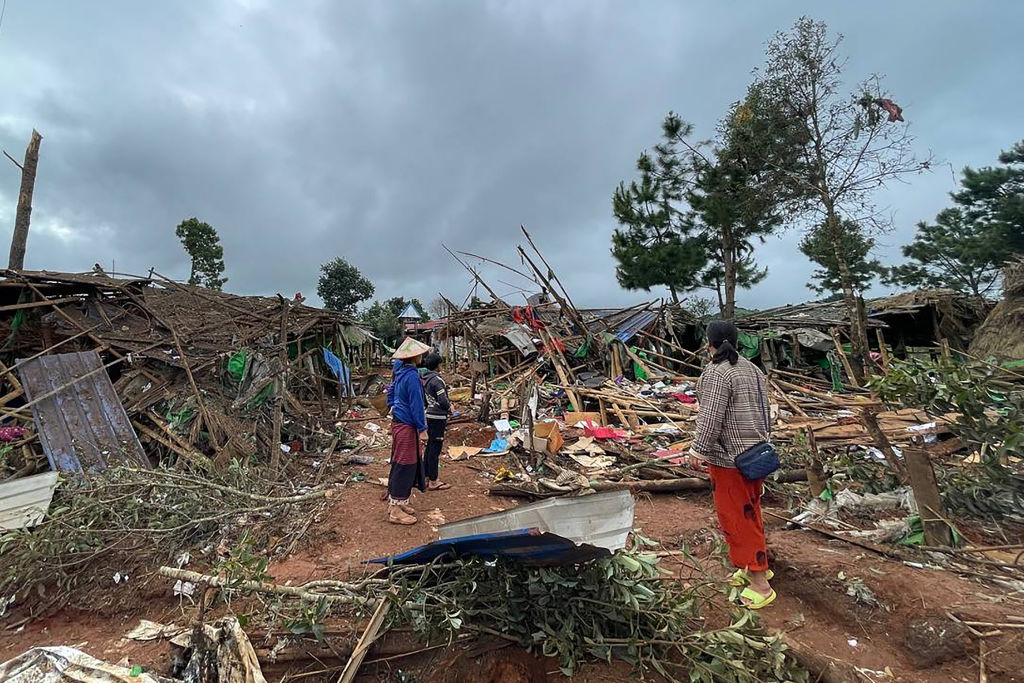Shakespeare’s tragedies have heroes but they are not heroic. As the plays unfold you witness their crumbling. In fact, they destroy themselves because the flaw is embedded deep in their character. It’s an inevitable and irresistible process. It’s an outcome that cannot be prevented. That’s why it’s tragic.
I think that could also be true of Aung San Suu Kyi. I’ve known her since I was five. At the time, her mother was the Burmese ambassador in India, and Suu, as I have always called her, was an undergraduate at Delhi’s Lady Shri Ram College. Our parents became friends and Suu and my sister Kiran would often drive together to college.
Even as a teenager, Suu was drawn to politics. She sensed her future would ultimately lie in ruling Burma (the name she prefers for Myanmar) and didn’t hide it even if she only spoke jocularly. A pencil-drawn portrait that she made of my sister Kiran, dated October 11 1962, has inscribed at the bottom ‘Kiran Thapar may be allowed entry into Burma at any time’. Suu was only 17 at the time.
Years later her husband Michael told me at Oxford that when they married — and Suu was 27 at the time — she forewarned him that if Burma calls it would always be her priority. In fact, he sensed when she returned home in 1988 it was unlikely she would come back. She didn’t. They lived separately till he died. She was also cut off from her two young sons. Of the next 21 years she spent 15 either in jail or under house arrest.
No doubt this hurt and she suffered, but politics and the determination to come to power in Burma was more than a mission. It was a calling. It defined Suu. Perhaps it was also her way of fulfilling her father’s dream, which was cruelly aborted when he was assassinated months before Burma’s independence.
When I last interviewed her, in September 2015, just before the election that brought her to power, the Rohingya issue was already a challenge she knew she would have to face if she won. At the time she was unable or unwilling to express concern and sympathy.
I questioned her silence. Her explanation was this is the only way of ensuring she would be seen as impartial by both sides. Silence would give her the opportunity and credibility to act impartially when she came to power. Her aim was to reconcile and condemnation would get in the way. It would fan the flames, not douse them.
I had no reason to doubt her. It was also already clear she would never be president and internal security would lie with the army who had successfully thwarted her claim to the top job. Criticizing them could endanger the limited power she hoped to exercise. She had to tread carefully and speak cautiously. She had to compromise to survive. All of that was understandable.
What wasn’t was how terrible that compromise turned out to be. It only became clear after she won. Not for a moment did I think it would be tilted in favor of retaining power and influence whilst forsaking her own principles. Yet that was the undeniable outcome.
As State Counsellor if she spoke about the Rohingyas it was only in terms of terrorism and the killing of security personnel. She had nothing to say of the innocent men, women and children, killed in their hundreds and rendered homeless in their hundreds of thousands. It seemed political expediency dominated her principles completely. She would not express compassion. I didn’t expect her to defy the army or endanger Burma’s fledgling democracy. But I also did not expect her lips to remain so firmly sealed.
This raised a disturbing question: was her silence on the Rohingya issue before the elections impartiality, as she had claimed, or seeking favor with the Burmese majority whose support she would need? Was it pragmatism or opportunism?
Initially I thought it was both. Today I feel it was her instinctive response to an unforeseen hurdle that could have obstructed the fulfillment of her ambition to rule Burma. Just as separation from her husband and children and a decade and a half in detention did not deter her, nor would this.
The reaction happened internationally, not at home. The world viewed her attitude to the Rohingyas as a demeaning compromise. Her earlier reputation for valiant sacrifice was forgotten. That placed her on a high pedestal. This threw her down. Once admired, she was now reviled. Outside Burma she became a fallen angel.
At home it was very different. Reverentially called ‘The Lady’ and ‘Mother Suu’ the majority she won in the 2020 elections was even greater than the landslide five years ago. And after the military threw out her government and put her under arrest, the admiration her people have for her seems to know no limit. But, alas, it’s likely to ensure the generals do not change their mind and restore her to power.
So, like Shakespeare’s tragic heroes, she may well ask if the price she paid for achieving her ambition was worth it? If it turns out to be only five years in power, with no credible possibility of restoration, did she compromise her principles and her international reputation for an office that was so easily snatched away and for authority that was never complete, often checked and so easily revoked?
Shakespeare’s tragic heroes face similar dilemmas. But rarely do they live to address or answer them. With their denouement there is also usually death. Suu, however, is alive to face hers, even if in incarceration. She will have all the time she needs to reflect and it won’t be easy.
In that interview in 2015 she described herself as ‘a pragmatic leader’. At the time, the adjective conveyed a sense of careful balance. Today it suggests a cover for unbecoming compromise. When I asked if she was ready for the challenge of ruling Burma she answered: ‘It’s a daunting challenge…I hope it brings out the best in me’. Sadly, it did not. But as Shakespeare might add that was inevitable. Suu would not be Suu if it could have been otherwise.
This article was originally published on The Spectator’s UK website.



